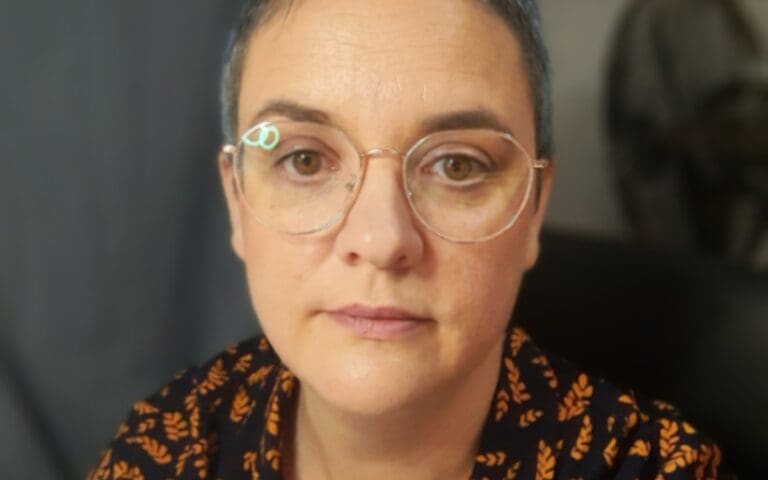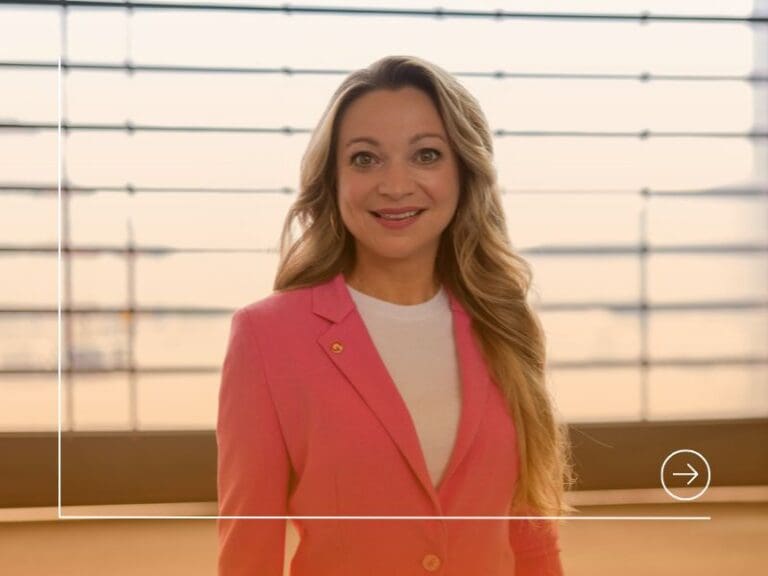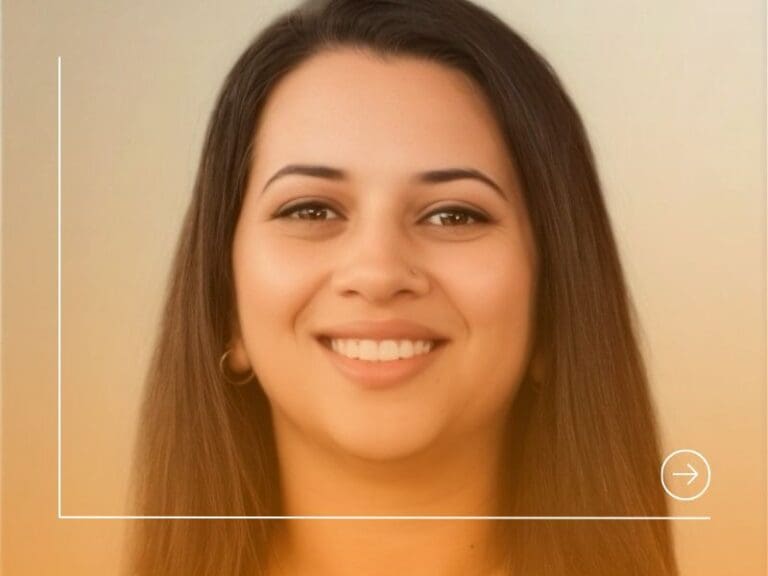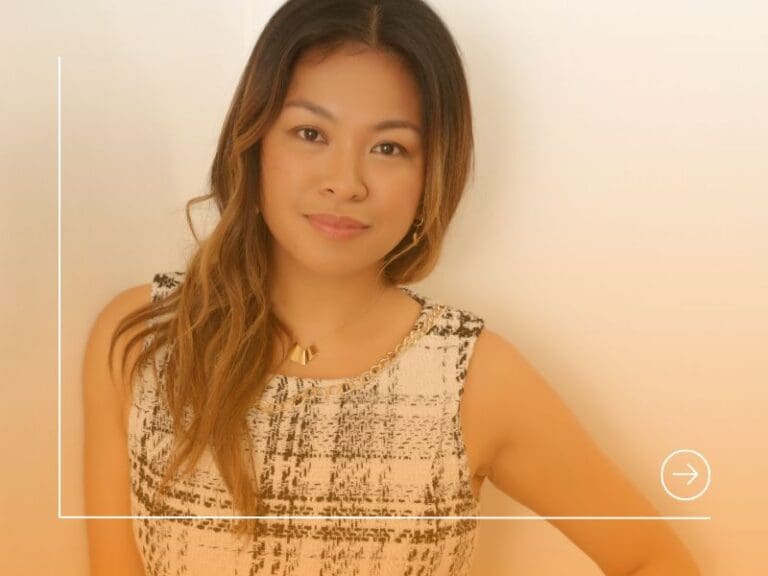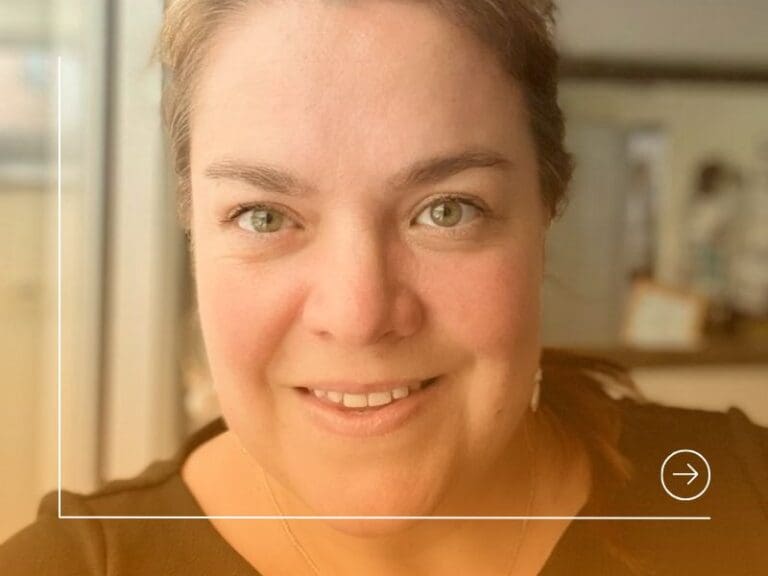In this Spotlight Series, we sit down with Jennifer Cox, Security Engineering Manager at Tenable.
Jennifer chats to us about how she found her role in the tech industry, her role models, the opportunities open to women in tech and her advice for others looking to get into the industry.
How did you land your current role? Was it planned?
I started at Tenable as a level 1 support engineer, and have worked my up to my current role as a Security Engineering Manager with Tenable. My ultimate goal was always to get into Leadership, so in every role I’ve had within Tenable I’ve made sure I demonstrate my leadership skills, even in more junior roles. I also made sure I had as much experience and practice as possible outside of work through mentoring, volunteering, and leading in not-for-profit organisations. For me, mentoring is what has had the biggest impact on my career and where I’ve also had the greatest influence on others. I have mentored over 40 people since 2019 and is something I continue to do as I get such a lot from it. It exposes me to people with different backgrounds, cultures, and goals. That has helped me to think differently about what is important to people and adapt my leadership style to accommodate these differences.
What are the key roles in your field of work, and why did you choose your current expertise?
I chose cybersecurity because it evolves all the time. I’ve always enjoyed change and getting involved in new projects, structures, and challenges. I was diagnosed with ADHD this year so now I understand why! Cybersecurity appealed to me for many reasons. The first is how changeable and challenging it is, followed by being able to make an impact. Even as an individual contributor, I can help to protect, educate and resolve.
Did you (or do you) have a role model in tech or business in general?
I have had multiple role models throughout my career. Almost all of them were men. My father was my first. He taught me the value of a day of hard work, that money is far from the most important thing, and that there is a lesson in every disaster. These are the most important lessons I’ve ever learned and continue to apply to life.
In my career in technology, the first role model I had was a colleague called David Burke, who taught me how to understand my value and how to get what I deserve when it comes to salary. A previous manager, Tom Hickey, taught me that I was smarter than I thought and that there were men who would stand up for women who were being harassed in the workplace. Greg Cain taught me that I should expect to be given opportunity and reward in return for good work. That, yes, it’s that simple but, prior to having Greg as my manager I never experienced that. Then of course Penny Vlahos, who taught me to take risks and push for more for myself. Throughout my life, I’ve had plenty of role models. What I do now, is try to repay those people by being a role model for other people in their careers.
What are you most proud of in your career so far?
I’m most proud of my team. This may sound odd. I’ve had plenty of achievements but there is very little that gives me as much satisfaction and joy as when I see someone on my team succeed. I’ve seen people on my team push themselves far outside of their comfort zone and I’ve had sweaty palms, and tears of joy when they have shone. I’ve been there when they’ve had challenges and I’m proud to have been part of their support system at these times. The feeling of being impactful in anyone’s life is the best feeling by far (don’t tell my children!). I’m proud that I have been able to create this sense of community within my team both in Tenable and in voluntary groups I work with outside of Tenable.
What does an average workday look like for you?
I’m not sure I’ll have enough pages for this but let me try:
My morning begins with waking everyone at home. I’m a Mum of four boys and it’s often like trying to wake the dead. I’m the only one that is good at getting up early. My husband is the stay-at-home parent so once everyone is up, he takes over and I walk the dog. I generally spend my day in meetings, planning for the future of my teams and the business and there is always at least one 1:1 with a team member.
I’m pretty active on LinkedIn so I make sure to take time to congratulate my connections on their success stories and answer any questions from people there. I’m currently working to carry out 110 1:1’s with women in tech whom I meet via LinkedIn and I have carried out 23 to date. Usually, in the later part of the day I catch up on admin and at least once a week I’ll present at an event either online or in person where I’ll speak on anything from cybersecurity to diversity in tech.
I also am the Director for Ireland with WiCyS (Women in Cyber Security) UKI Affiliate so much of my evenings are spent planning events and meetings for this.
Are there any specific skills or traits that you notice companies look for when you’re searching for roles in your field?
Yes. Most companies mandate a degree in tech or cyber. Yet, most companies wonder why they don’t get enough ‘diversity’. Degrees are of course useful, and a great way to set a standard for certain roles.
However, if you really want to appeal to diverse candidates you need to start thinking more broadly.
Some of the best employees I’ve had on my teams and I’ve had the joy of working with,were qualified in another field. I’ve worked with ex-sailors, ex-GPs, ex-Electricians, career returners, people that are neurodiverse, all walks and backgrounds. When you put all these differences together, really great things happen. I have lots and lots of thoughts and ideas on how companies can approach this differently. I’ve seen a small bit of change but not nearly enough for any company to position itself as truly diverse.
Has anyone ever tried to stop you from learning and developing in your professional life, or have you found the tech sector supportive?
I have been stopped before. Before I came to Tenable I wanted to learn more about cybersecurity. I was responsible for the whole IT structure of the company at the time so I felt it was pretty important. However, the company wasn’t prepared to invest any money in it, including the education side. I think if you have an employee who is keen to learn something that your company would benefit from, then take advantage of this.
Since I moved to Tenable, I have availed of education grants and professional development opportunities year after year. The world is my oyster. This is how it should be. For every cent spent educating an employee, the return on investment is far more valuable.
Have you ever faced insecurities and anxieties during your career, and how did you overcome them?
Only every second day! For years I was taught that my lack of degree simply meant that I wasn’t intelligent enough to be valuable. Once given the opportunity to prove myself, I have shown over and over again that this isn’t true. Having been diagnosed with ADHD this year, I now understand why I found studying so hard and never finished my degree. That said, I believe that I’m valuable without it. I overcame this with the support of my leadership and through a lot of personal work on confidence and value. I now spend a lot of time working with others, mostly women, on the same things.
Everyone has value and we should all know that. EVERYONE.
Entering the world of work can be daunting. Do you have any words of advice for anyone feeling overwhelmed?
Do it anyway. There is nothing more empowering than understanding that something scares you and pushing yourself to do it anyway. You can really teach yourself how strong you can be. That said, I would also recommend that you build a great network of friends and colleagues. From the time I’ve spent working with women in tech, I’ve really learned that there is very little more powerful than having a bunch of women behind you, showing support. It’s unconditional, guaranteed, and amazing. Also, if you are around people that make you feel bad, in any way. Stop spending time with them. They don’t deserve you.
What advice would you give other women wanting to reach their career goals in technology?
Take the leap, start now. If you don’t know what to do, connect with people on social media like LinkedIn, reach out, and ask questions.
You’ll be surprised how many people are out there and willing to help.
I have never met an incapable woman.


